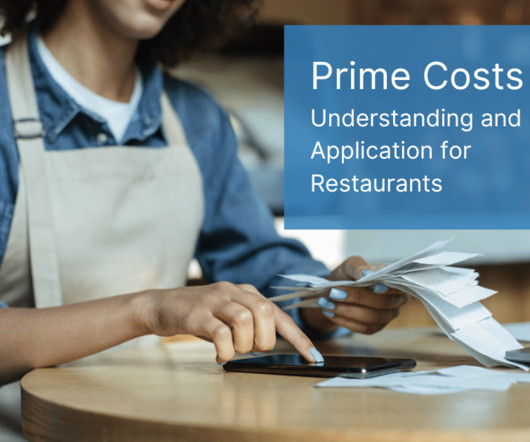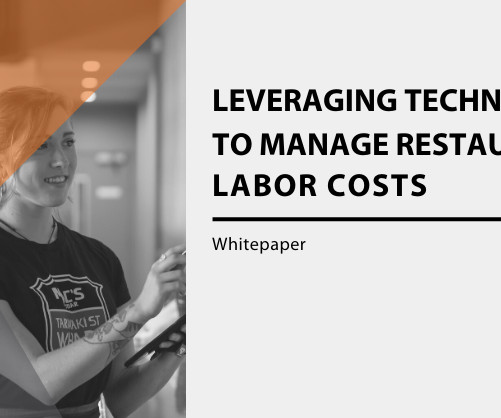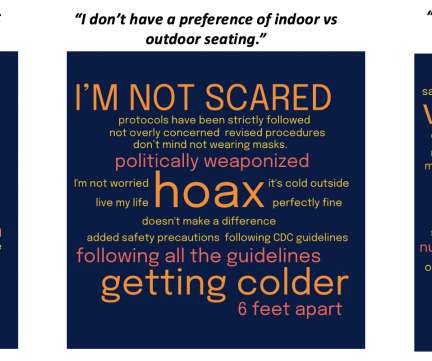Prime Costs: Understanding and Application for Restaurants
Synergy Suite
NOVEMBER 30, 2023
Effectively managing food costs is essential for maintaining profitability and sustaining a competitive edge and involves monitoring ingredient prices, negotiating with suppliers, minimizing waste through proper inventory control, and implementing portion control practices.











Let's personalize your content